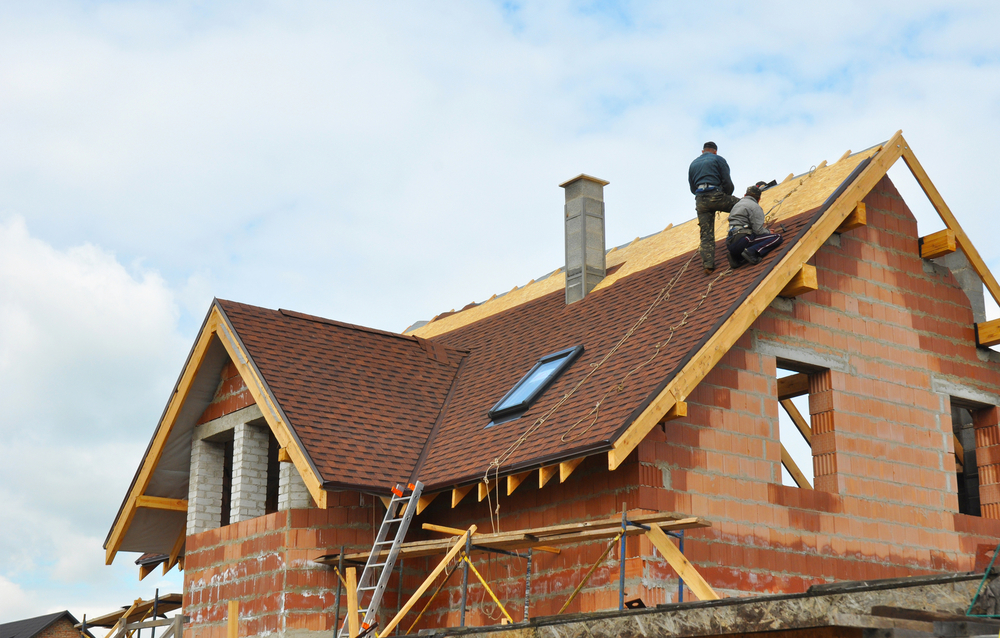By Reuters
Source: money.usnews.com, June 2022
WASHINGTON (Reuters) – U.S. homebuilding fell to a 13-month low in May and permits tumbled, suggesting the housing market was cooling as surging mortgage rates reduce affordability for many first-time homebuyers.
Housing starts plunged 14.4% to a seasonally adjusted annual rate of 1.549 million units last month, the lowest level since April 2021, the Commerce Department said on Thursday. Data for April was revised higher to a rate of 1.810 million units from the previously reported 1.724 million units.
Economists polled by Reuters had forecast starts would slide to a rate of 1.701 million units. Permits for future homebuilding declined 7.0% to a rate of 1.695 million units.
The housing market is very sensitive to interest rates. Sales have been trending lower over the last few months, with homebuilding mostly moving sideways.
A survey on Wednesday showed the National Association of Home Builders/Wells Fargo Housing Market sentiment index hit a two-year low in June, with a gauge of prospective buyer traffic falling below the break-even level of 50 for the first time since June 2020.
The 30-year fixed-rate mortgage jumped 25 basis points last week to an average of 5.65%, the highest level since November 2008, according to data from the Mortgage Bankers Association.
Home loans are set to get even more expensive. The Federal Reserve on Wednesday raised its policy interest rate by three-quarters of a percentage point, the biggest hike since 1994, to combat soaring inflation.
Single-family housing starts, which account for the biggest share of homebuilding, tumbled 9.2% to a rate of 1.051 million units in May. Single-family homebuilding rose in the Northeast, but fell in the Midwest, South and West regions.
Building permits for single-family homes declined 5.5% to a rate of 1.048 million units. Starts for housing projects with five units or more dived 26.8% to a rate 469,000 units. Multi-family housing permits dropped 10.0% to a rate of 592,000 units.
The number of houses approved for construction that are yet to be started increased 0.7% to 283,000 units. The single-family housing backlog was unchanged at 152,000. These will eventually become starts and help to underpin residential construction.
(Reporting by Lucia Mutikani; Editing by Paul Simao)
Copyright 2022 Thomson Reuters.

